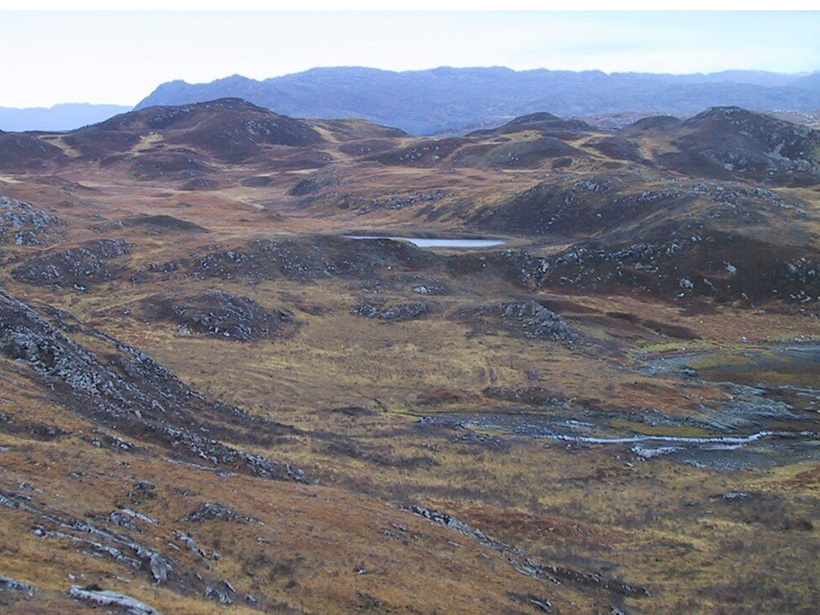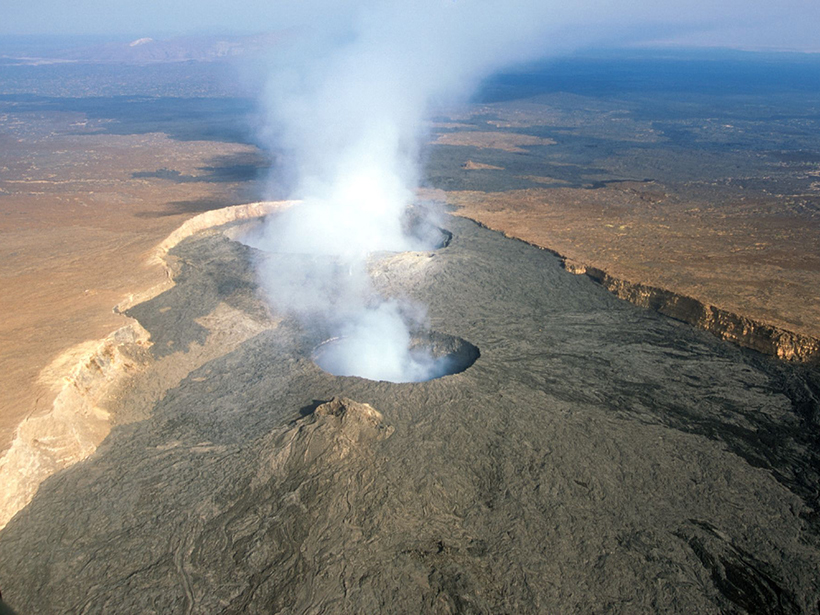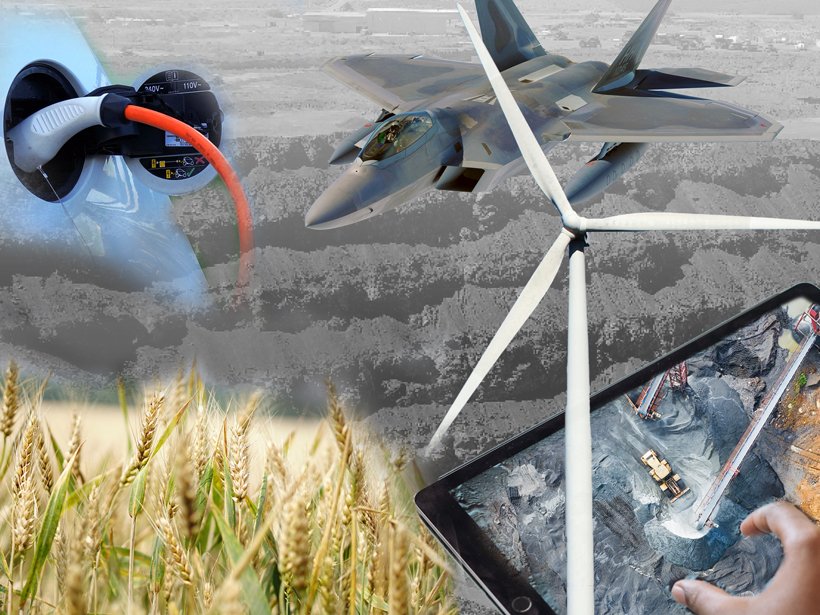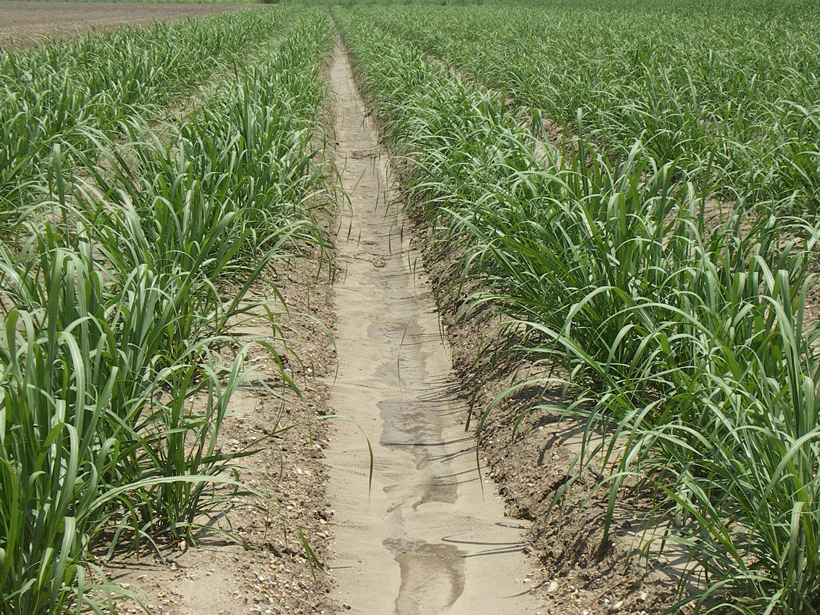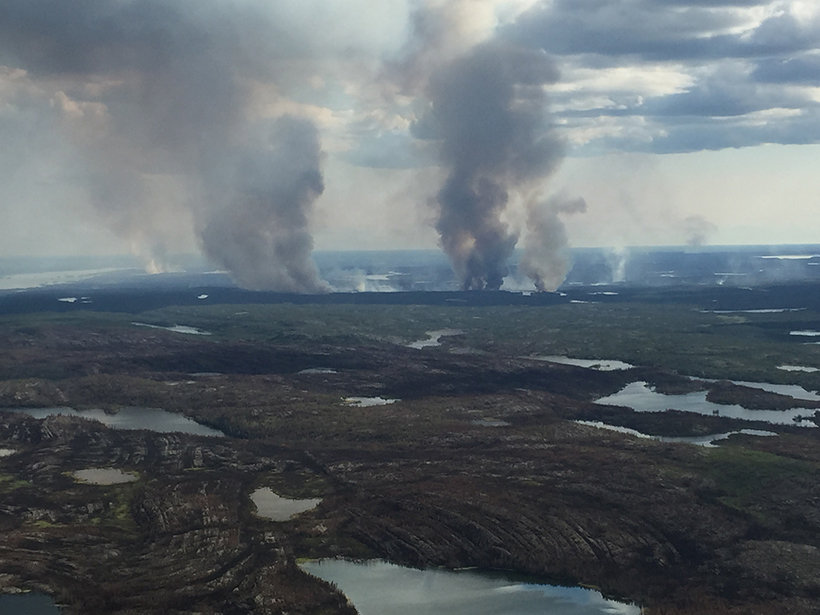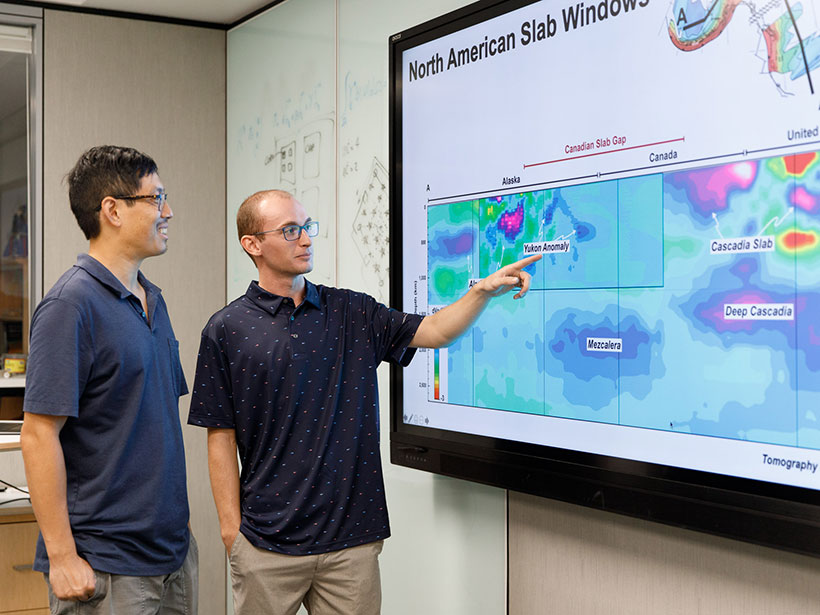Meltwater pulse 1A, a period of rapid sea level rise after the last deglaciation, was powered by melting ice from North America and Scandinavia, according to new research.
North America
Why Trillions of Jellyfish Washed Ashore from Canada to California
Although warming oceans may make population booms and mass strandings more common, the species may ultimately be one of the beneficiaries of climate change.
Breaking Up Is Hard to Do, Especially for Continents
A decade-long research collaboration has revealed that the split between Africa and North America roughly 200 million years ago was more drawn out than previously thought.
Ancient Eruption May Change Our Understanding of Modern Volcanoes
Bubbles trapped in magma from a 1,000-year-old event reveal how scoria cones might erupt and what impact they may have on the landscape and atmosphere.
Geological Surveys Unite to Improve Critical Mineral Security
A three-nation consortium is pooling geological expertise and resources to address vulnerabilities in supplies of these crucial natural resources.
Overturning in the Pacific May Have Enabled a “Standstill” in Beringia
During the last glacial period, a vanished ocean current may have made the land bridge between Asia and the Americas into a place where humans could wait out the ice.
European Colonists Dramatically Increased North American Erosion Rates
Around 200 years ago, when conversion of land for agriculture became more widespread, the amount of sediment accumulating in riverbeds across the continent jumped tenfold.
Feedback Loops of Fire Activity and Climate Change in Canada
New research documents how a warming climate contributes to patterns in wildfire severity and frequency and how the fires contribute to climate change.
The Resurrection Plate Is Dead, Long Live the Resurrection Plate
Using a technique similar to taking a CT scan of Earth, researchers found the possible remnants of a long-debated “missing” tectonic plate.
¿Cómo Afecta el Reverdecimiento del Ártico al Agua Subterránea?
Nuevas investigaciones examinan cómo los cambios en la ecología de la superficie influyen en la hidrología subterránea en el Ártico.

